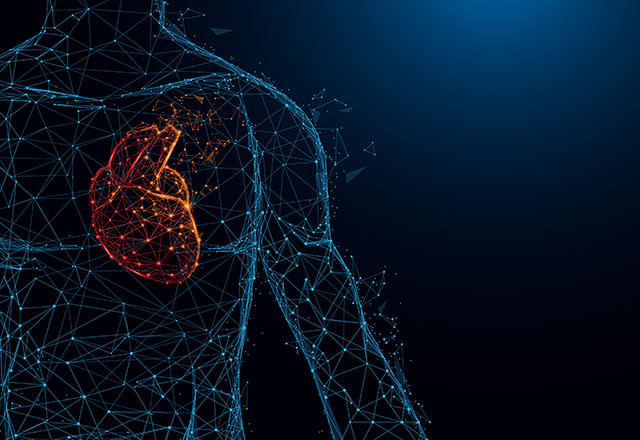


When facing the complexities of heart disease, it is crucial to seek the expertise of specialized cardiologists who undergo continuous training. To excel in this field and provide efficient care, it is essential to consider vital factors and techniques. Embark on your journey with Cardiology Courses and unlock your true potential!
Cardiology encompasses the medical field dedicated to examining, identifying, and managing heart and circulatory system disorders.
A heart or vascular disease diagnosis often begins with the primary care or family doctor, who refers the patient to a cardiologist. He evaluates the symptoms and medical history and may recommend studies that allow a more precise diagnosis to be made. Next, the cardiologist decides if he can treat the disease himself with drugs or other available treatments or, on the contrary, requires surgery.
Of course, it is a medical specialty, not a surgical one. The surgical management of heart conditions is carried out by professionals known as cardiac surgeons or cardiovascular surgeons. And it is that many professionals join in this discipline.
Hence, Cardiologists are healthcare experts who specialize in diagnosing and treating cardiovascular system-related ailments comprising the heart and blood vessels. They further undergo continuous training to excel as experts in specific subfields of cardiology. Acquiring knowledge is an ongoing journey for these dedicated specialists.
The cardiologist is guided by a health process that begins with the primary care physician and ends with the possibility of referring the patient to a cardiovascular surgeon. Let's say that there are three unavoidable stages in this professional's work that you will get to know in depth in the Cardiology Courses.
Now, what does the cardiologist's job consist of in his office? What exactly happens when the patient is referred to this professional? Let's see.
Among his many functions, the cardiologist must first assess the family history. In other words, it is responsible for preventing certain people with a genetic background from suffering from the same or similar heart pathologies. To do this, cardiology consultations and cardiology check-ups are carried out based on an analysis of each patient's medical history, a personal interview with the cardiologist, and the pertinent tests in each case.
Cardiologists are equipped to conduct various tests to assess the cardiac well-being of patients, including:
Electrocardiogram (ECG): This diagnostic test aims to assess the heart's electrical activity and identify any abnormalities in heart rate.
Echocardiogram: This fundamental procedure in cardiology allows for the examination of the heart's structure, enabling the detection of any variations in size or shape.
Stress test or ergometry: Widely recognized, this test evaluates the heart's response to physical exertion, commonly employed in athletes for comprehensive cardiovascular assessment.
In addition, the cardiologist is also in charge of monitoring those patients who have cardiovascular risk factors. Of course, this is carried out to prevent the occurrence of cardiovascular diseases in the future. These factors can be diabetes, obesity, cholesterol, smoking, stress, and more!
Are you thinking of doing a specialty? Are you interested in any of the Cardiology Courses? Take action now to specialize in your dream profession and unlock rewarding career opportunities.
0 Comments